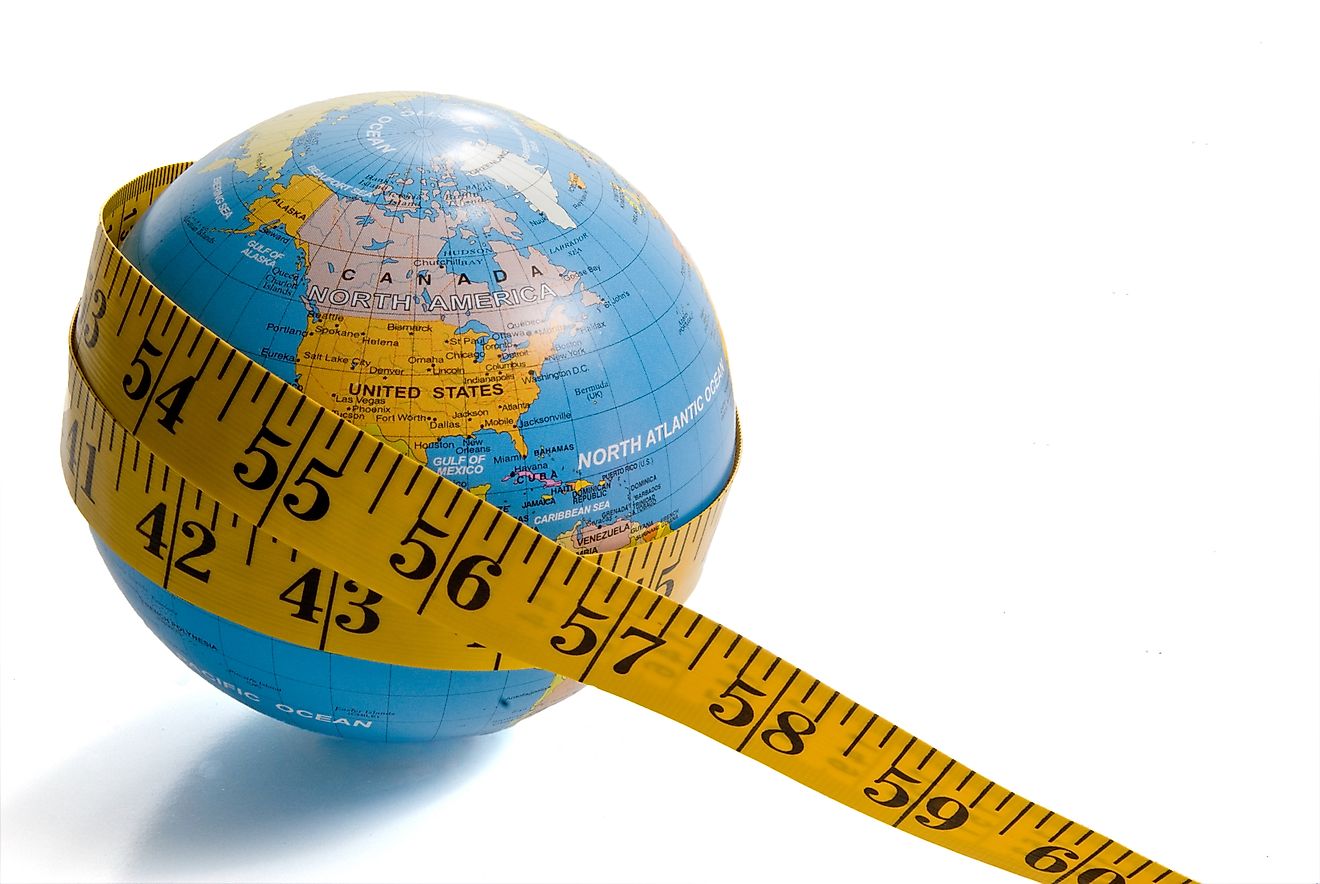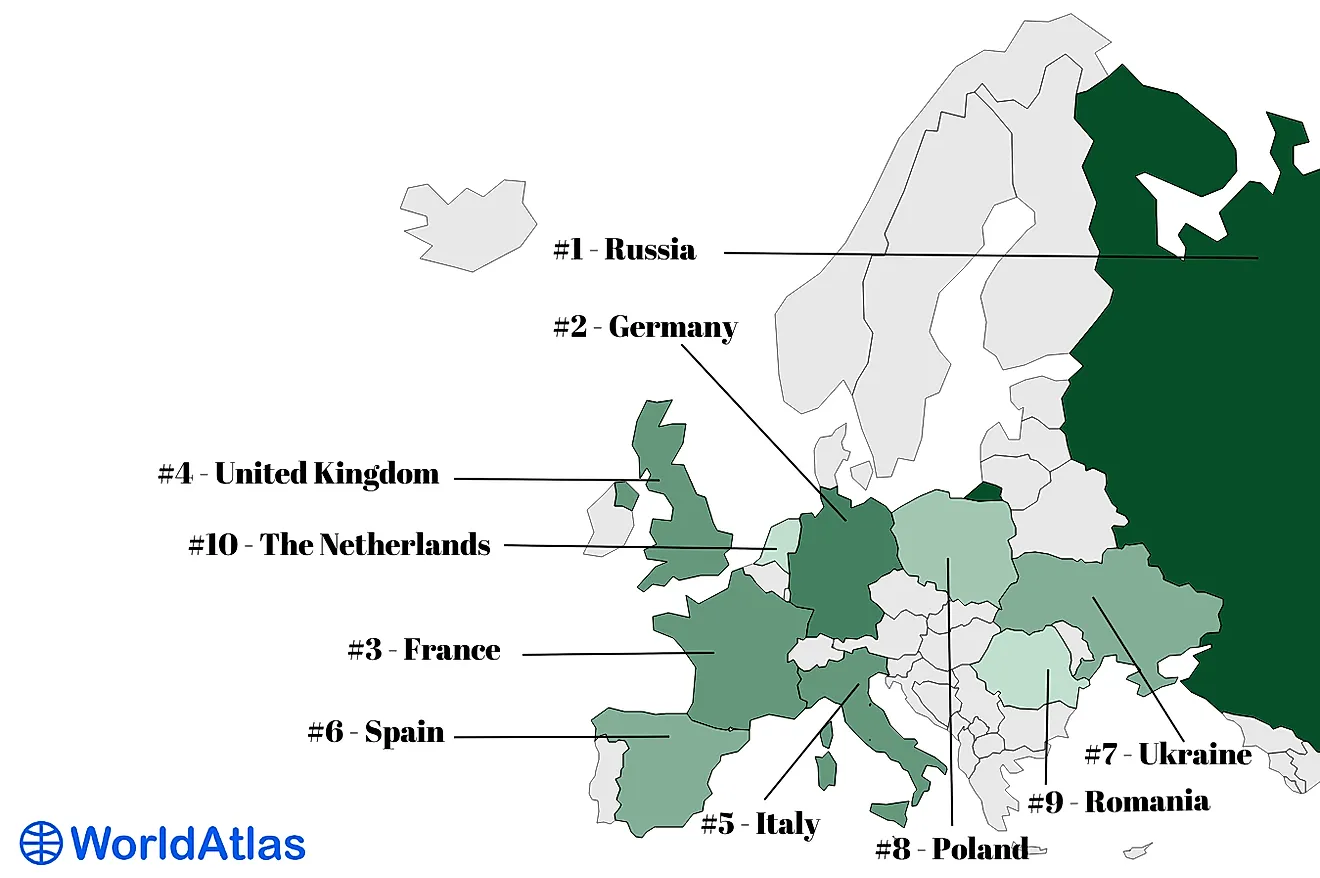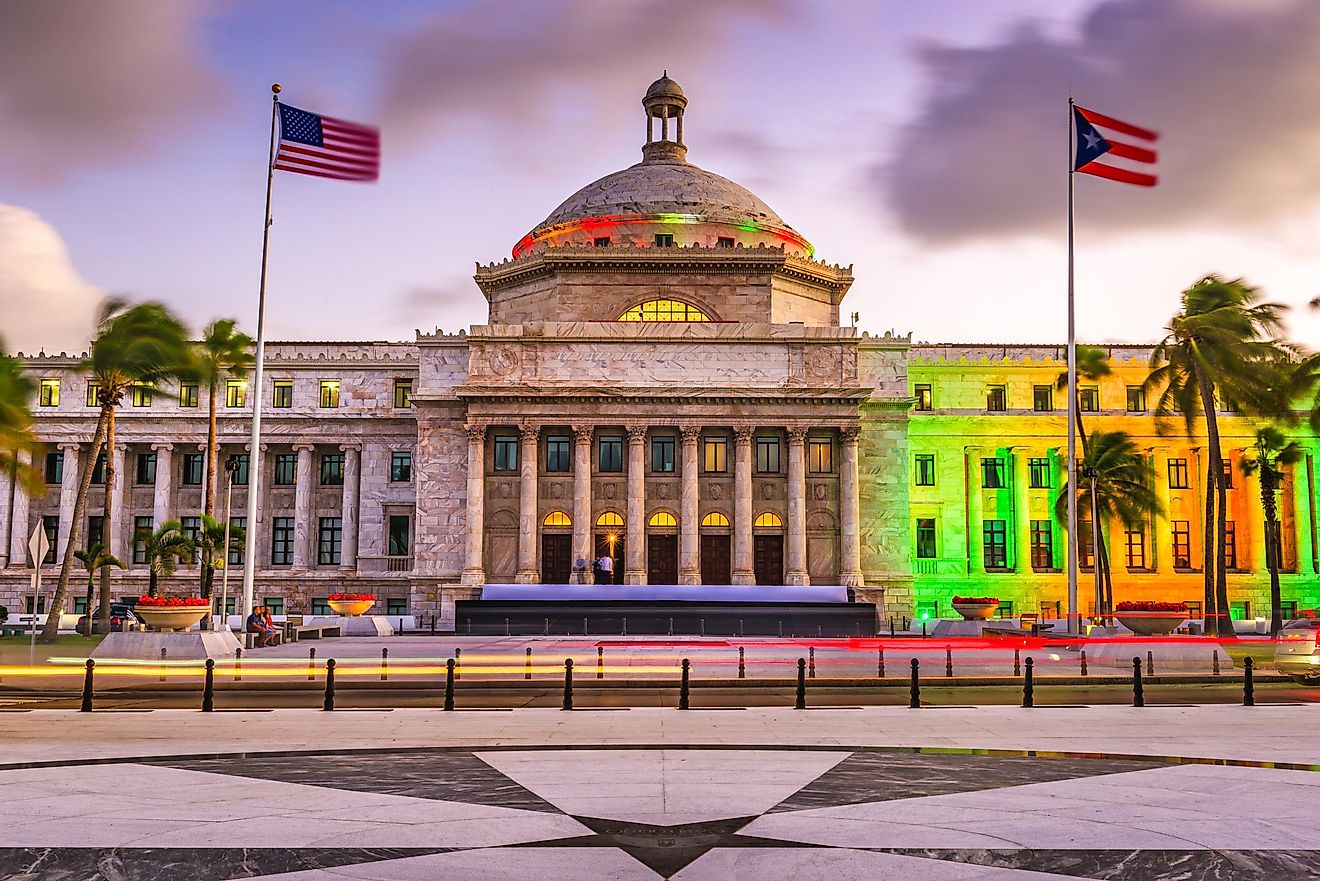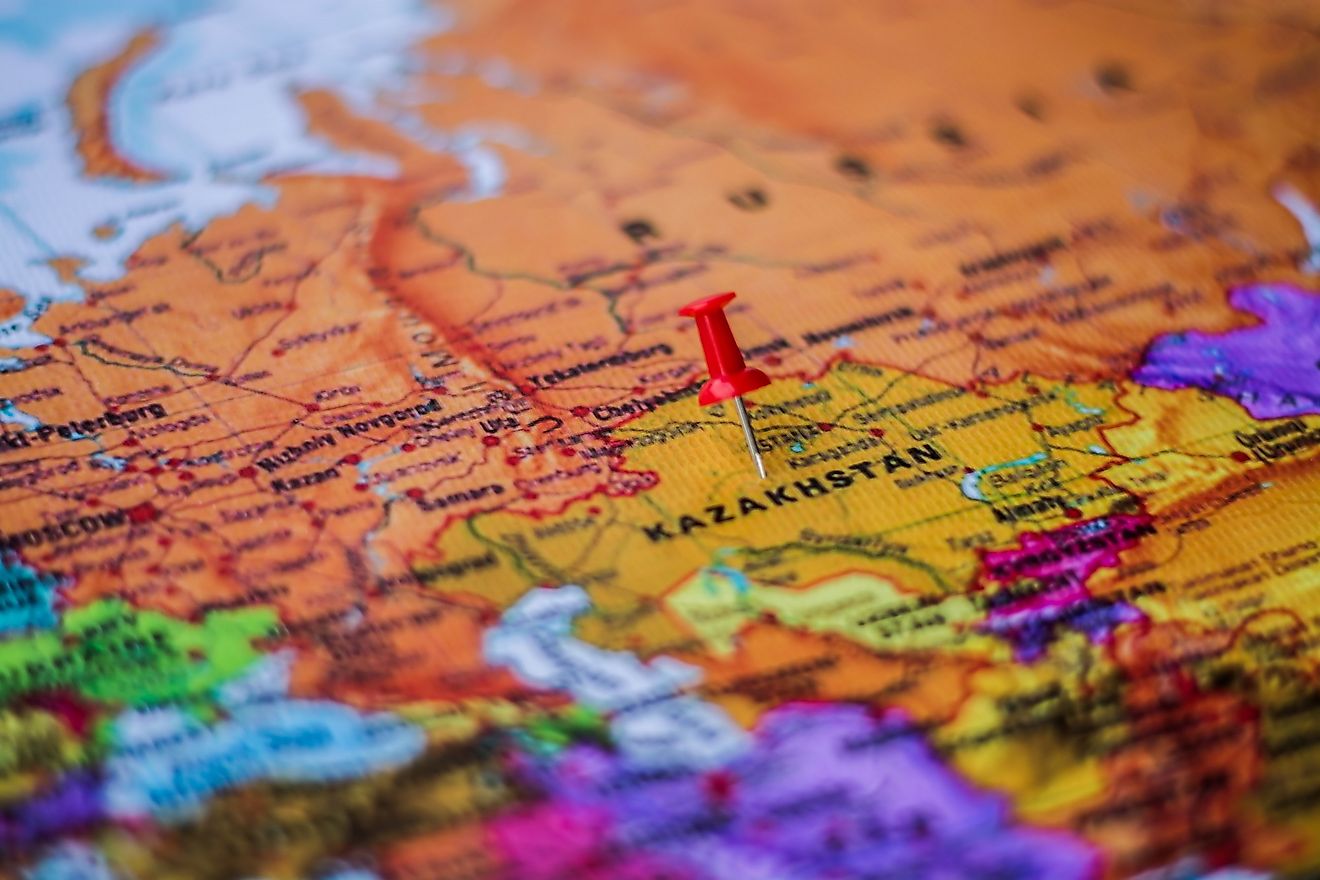What Is The Geneva Convention?
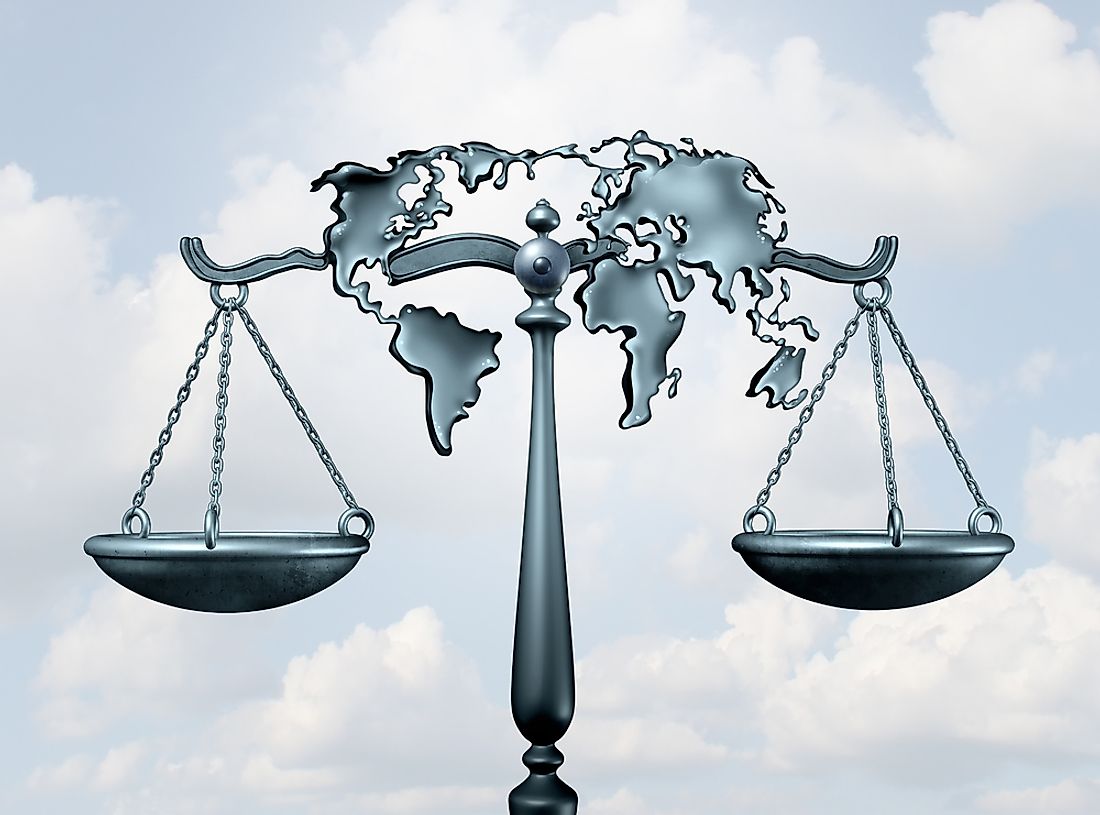
The Geneva Conventions refer to international agreements that are made up of four treaties and three protocols that define the treatment of people during a war. The agreements were agreed upon by 12 nations and kingdoms in 1949 after the Second World War. The meeting of 1949, known as the Geneva Convention (singular), simply updated two treaties that were negotiated in 1929 and added two extra conventions.
There is an important distinction between the Geneva Conventions and the Hague Conventions of 1899/1907. The Geneva conventions address people in war, meaning it is all about the protection accorded to those that have been hurt or ill, protection of civilians and non-combatants in a warzone, and the treatment of war prisoners. The Hague Conventions, on the other hand, talk about the war proper and the use of weapons. A similar agreement, the Geneva Protocol of 1925, prohibits chemical warfare in international armed wars.
Today, the Geneva Convention of 1949 has been ratified by 196 countries, either wholly or with reservations.
History of the Geneva Conventions
The Geneva Conventions were inspired by the horrors that were seen and documented by a Swiss businessman known as Henry Dunant. After visiting the wounded of the Battle of Solferino of 1859, he was inspired to push for two things; a relief reorganization that would provide aid during war and an agreement that would allow the relief organization to operate freely during war as a neutral party.
His first proposition led to the formation of the Red Cross in Geneva while the second led to the first Geneva Convention in 1864. The Geneva Convention became the first international agreement that addressed the sick and the wounded in war. Representatives from 12 nations and kingdoms, including the Swiss Confederation, Kingdom of Belgium, Kingdom of Denmark, Second French Empire, Kingdom of Italy, Kingdom of the Netherlands, Kingdom of Portugal and the Algarves, Kingdom of Spain, as well as the Kingdom of Prussia, Grand Duchy of Hesse, Grand Duchy of Baden, and the Kingdom of Württemberg which are all now part of Germany, signed this first convention. Over time, updates and modifications were made as situations arose.
Enforcement of the Geneva Conventions
All the countries who signed and ratified the treaties are obligated to enforce these rules and seek out anyone accused of these crimes. The principle of universal jurisdiction applies which means any nation has the power to try a war criminal regardless of the nationality or the nation where the crimes were committed.
Protecting Powers
The phrase “protecting power” has been uniquely defined in the Geneva Conventions. A protecting power refers to a nation that is not part of an armed battle but has an agreement in place with one of the warring states that it will protect that state’s interests. In addition, the protecting power serves as the police who ensures that the terms of the Geneva Conventions are not violated. As such, the protecting power needs to be a fair advocate who looks after the needs of the sick, the prisoners, the wounded, the civilians, and the non-combatants.
Grave Breaches
Violations of the treaty, just like in any law, have different punishments. The most serious offences are called “grave breaches.” Some of the violations that are described as grave breaches include doing things like biological experiments on human beings and intentionally causing serious suffering or grave injury to a human being. The Fourth Geneva Convention added things such as hostage-taking, illegal deportation, confinement, unnecessary extensive devastation, and acquiring of property.








